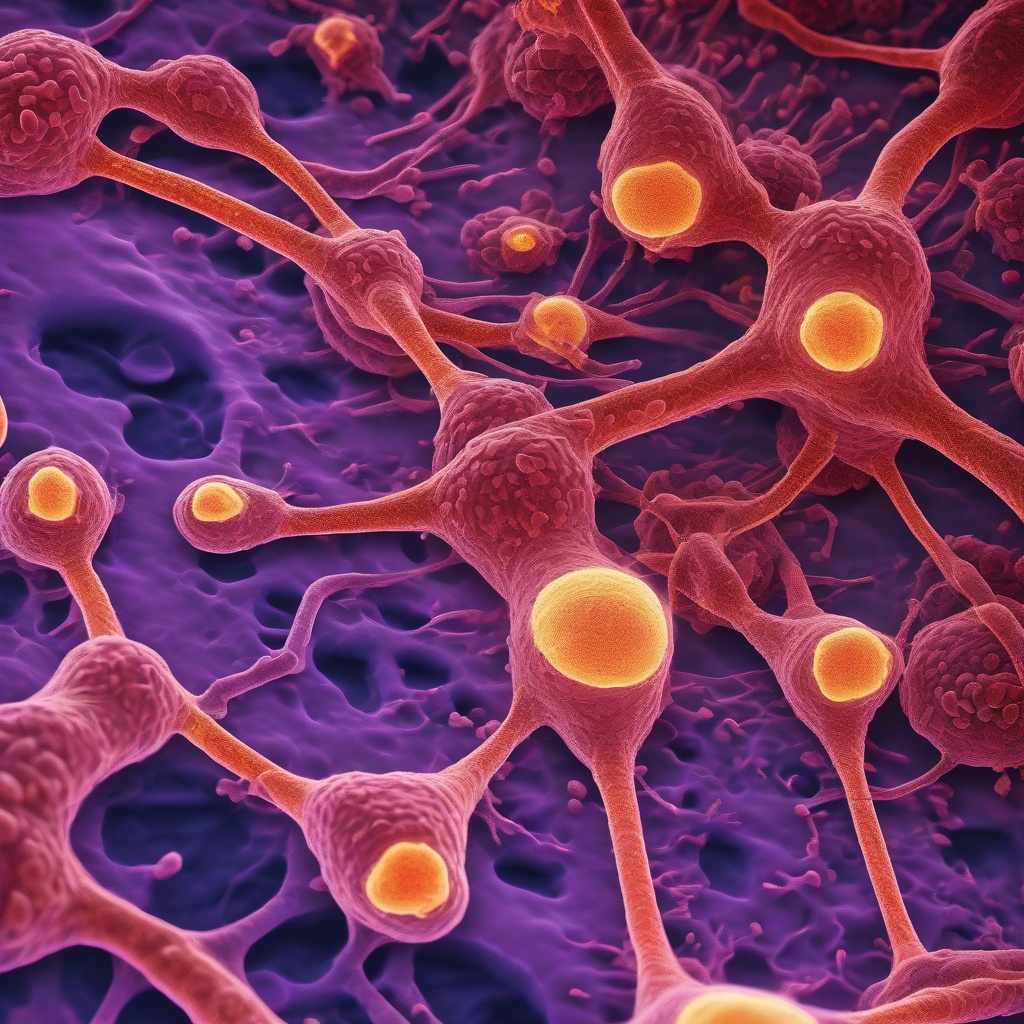Unraveling the Complex Roles of Macrophages in Kidney Health and Disease: Mechanisms Explained
Macrophages are highly plastic and heterogeneous innate immune cells that play pivotal roles in kidney development, kidney functions maintenance, and the progression of kidney diseases. These cells are known for their ability to adapt to different microenvironments, exhibiting a wide range of functions that can either promote or resolve inflammation, depending on the context. In this blog post, we will explore the complex roles of macrophages in kidney health and disease, shedding light on their mechanisms of action and potential therapeutic targets.
Macrophages in Kidney Development and Homeostasis
During kidney development, macrophages are involved in the regulation of nephron formation, vascularization, and the removal of apoptotic cells. They produce growth factors and cytokines that support the growth and differentiation of renal cells, ensuring proper kidney structure and function. In the adult kidney, macrophages contribute to maintaining tissue homeostasis by regulating the filtration barrier, removing debris and apoptotic cells, and modulating the immune response.
Macrophages in Kidney Disease
In kidney disease, macrophages play a dual role, contributing to both the initiation and resolution of inflammation. In acute kidney injury (AKI), macrophages are rapidly recruited to the injured site, where they promote inflammation and tissue damage. However, they also contribute to tissue repair by producing anti-inflammatory cytokines and growth factors that support renal regeneration.
In chronic kidney disease (CKD), macrophages are involved in the progression of fibrosis and inflammation. They produce pro-inflammatory cytokines and chemokines that attract other immune cells, perpetuating a vicious cycle of inflammation and tissue damage. Macrophages also contribute to the development of anemia, a common complication of CKD, by producing hepcidin, a hormone that regulates iron metabolism.
Macrophage Polarization in Kidney Disease
Macrophage polarization is a critical aspect of their function in kidney disease. Classically activated macrophages (M1) promote inflammation and tissue damage, while alternatively activated macrophages (M2) contribute to tissue repair and resolution of inflammation. The balance between M1 and M2 macrophages is crucial in determining the outcome of kidney disease.
- M1 macrophages produce pro-inflammatory cytokines, such as TNF-α and IL-1β, which promote inflammation and tissue damage.
- M2 macrophages produce anti-inflammatory cytokines, such as IL-10 and TGF-β, which contribute to tissue repair and resolution of inflammation.
Therapeutic Targeting of Macrophages in Kidney Disease
Given the complex roles of macrophages in kidney disease, targeting these cells has emerged as a promising therapeutic strategy. Several approaches are being explored, including:
- Macrophage depletion: Using antibodies or small molecules to selectively deplete macrophages in the kidney.
- Macrophage polarization: Modulating the balance between M1 and M2 macrophages to promote tissue repair and resolution of inflammation.
- Cytokine targeting: Inhibiting pro-inflammatory cytokines produced by macrophages, such as TNF-α and IL-1β.
For a more in-depth exploration of the role of macrophages in kidney health and disease, readers can refer to a recent article published in Frontiers in Immunology (https://www.frontiersin.org/journals/immunology/articles/10.3389/fimmu.2025.1642525/abstract).
Conclusion
In conclusion, macrophages play a complex and multifaceted role in kidney health and disease. Their ability to adapt to different microenvironments and exhibit a wide range of functions makes them a critical component of the innate immune response. Further research is needed to fully understand the mechanisms of macrophage action in kidney disease and to develop effective therapeutic strategies targeting these cells. By unraveling the complex roles of macrophages, we may uncover new avenues for the treatment and prevention of kidney disease.



